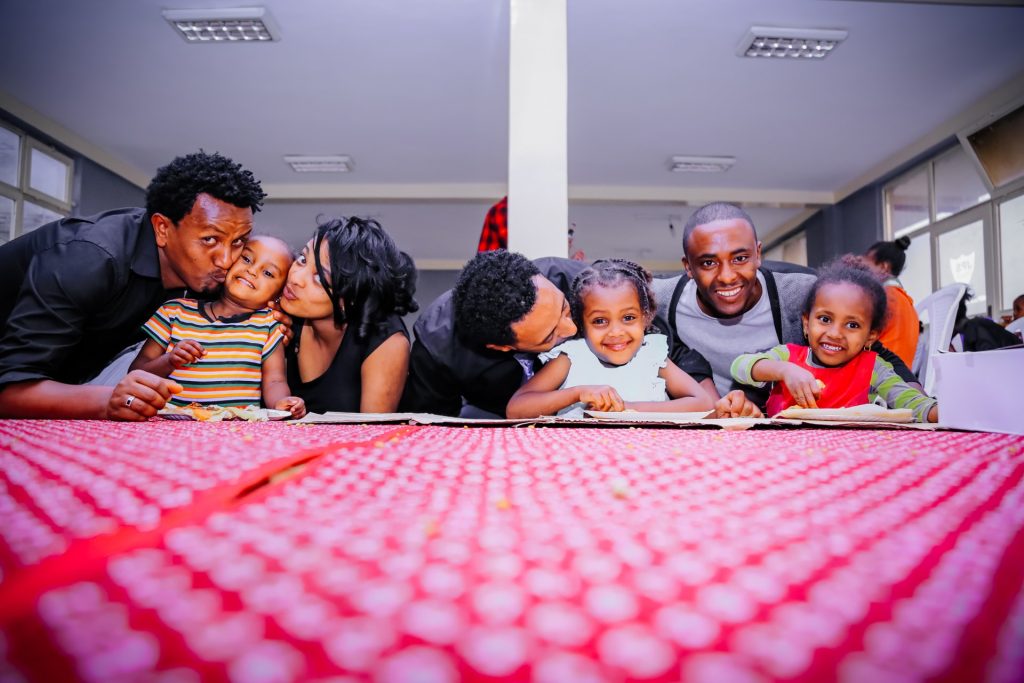
As the number of family members with COVID immunity from prior infection or vaccination increased, there was a decrease in infection and hospitalisation risk for nonimmune people.
This is shown in a Swedish study conducted by researchers at Umeå University and published in JAMA Internal Medicine.
“The results strongly suggest that vaccination is important not only for individual protection, but also for reducing transmission, especially within families, which is a high-risk environment for transmission,” said Peter Nordström, professor of geriatric medicine at Umeå University.
Evidence shows that vaccines greatly reduce the severity of COVID including the Delta variant but there less is known how vaccination affects transmission of the virus in high-risk environments, eg within families.
The researchers found that there was a dose-response association between the number of immune individuals in each family and the risk of infection and hospitalisation in non-immune family members. Specifically, non-immune family members had a 45 to 97% reduced risk of infection and hospitalisation, as the number of immune family members increased.
The study is a nationwide, registry-based study of more than 1.8 million individuals from more than 800 000 families, drawing on various databases. In the analysis, the researchers quantified the association between the number of family members with immunity against COVID and the risk of infection and hospitalisation in nonimmune individuals. The researchers accounted for factors such as differences in age, socioeconomic status, clustering within families, and several diagnoses previously identified as risk factors for COVID in the Swedish population.
“It seems as if vaccination helps not only to reduce the individual’s risk of becoming infected, but also to reduce transmission, which in turn minimises not only the risk that more people become critically il, but also that new problematic variants emerge and start to take over. Consequently, ensuring that many people are vaccinated has implications on a local, national, and global scale,” said study co-author Marcel Ballin, doctoral student in geriatric medicine at Umeå University.
Source: Umeå University

